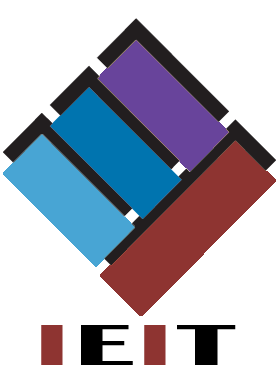| Title | Froglingo, a programming language empowered by a total-recursive-equivalent data model |
| Publication Type | Journal Article |
| Year of Publication | 2011 |
| Authors | Xu, K, Zhang, J, Gao, S |
| Journal | Journal of Digital Information Management |
| Volume | 9 |
| Issue | 4 |
| Pagination | 134 - 146 |
| Date Published | 2011 |
| Keywords | EP data model, Froglingo programming langauge, Higher-order functions, Knowledge management, Total-recursive equivalence |
| Abstract | The EP (Enterprise-Participant) data model is a language homomorphic to and semantically equivalent to a class of total recursive functions. It takes a unique position in the fields of programming languages and database management. Mathematically, it enables a programming language to achieve the greatest possible ease of use in software development and maintenance. (This assumes that a programming language incorporated with a higher expressive data model was easier than another one with a lower expressive data model, or no data model at all.) Practically, Froglingo - a programming language incorporated with the EP data model is a monolith that consolidates multiple software components of traditional software architecture. In addition, Froglingo is untyped, i.e., programmers write application programs without a necessity of user-defined types. Finally, Froglingo is a novel approach to many challenges facing traditional technologies, including feature scalability, user interface flexibility, and similarity. In this paper, we show with further clarity the concept of ease of use by proposing a mathematical definition for the concept of data models and by relating Froglingo with other programming language through the analysis of types and higher-order functions. |
| URL | http://www.scopus.com/inward/record.url?eid=2-s2.0-80053114137&partnerID=40&md5=1d550173b3aa984474c5a8e1930a465a |

Collaborative Partner
Institute of Electronic and Information Technology (IEIT)




